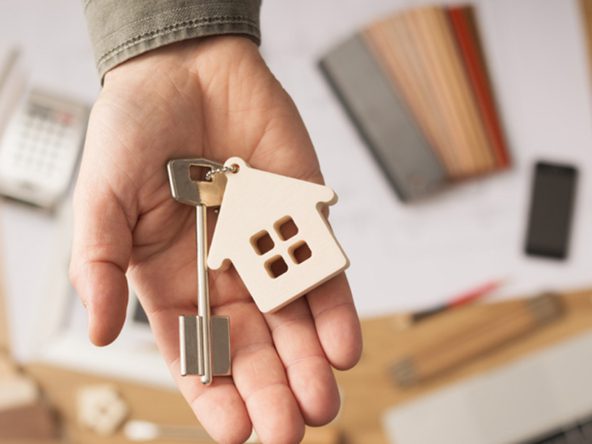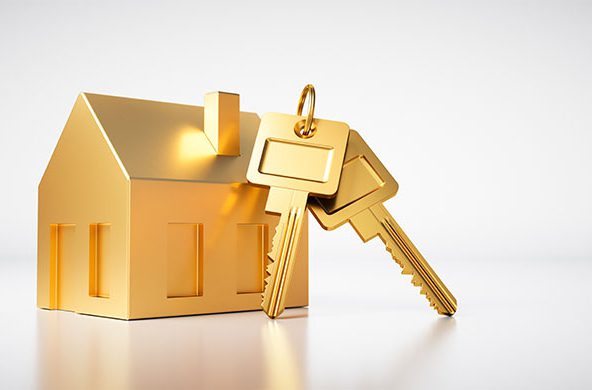To enhance financial security, it is recommended to set aside an extra 10–12% beyond the purchase price. This allocation is intended to cover a comprehensive range of expenses, including various fees and taxes.
Transfer Taxes: On newly constructed residential properties, the value-added tax (VAT or IVA) directly from the developer is set at 10% of the property’s value, along with a 1.5% stamp duty. These costs are borne by the purchaser.
Excitingly, recent developments reveal that the Andalusian government has endorsed a decree featuring a reduction in the transfer tax for second-hand home transactions. Previously structured with rates of 8%, 9%, and 10%, it is now replaced by a flat 7%. Additionally, there is a slight reduction in the stamp duty tax, from 1.5% to 1.2%. This adjustment has the potential to significantly lower the expenses associated with acquiring a pre-owned property.
Plusvalia: This is a tax tied to the increase in the Town Hall index value of the land alone from the vendor’s prior purchase to the current sale. Though it is essentially a sales tax, it is commonly borne by the purchaser. The calculation involves various factors (land area, location, permissible building volume, vendor’s ownership duration), resulting in variable payments ranging between 300 and 1800 euros. Verification is recommended before proceeding with the purchase.
Notary, Registration, and Lawyer’s Fees: Legal representation typically incurs around 1% of the property value. Notary fees fluctuate between 300 and 840 euros, contingent on the property type. Property registration expenses are approximately 60% of the notary fees.
Mortgage Fees: In cases involving a mortgage, it’s essential to consider bank charges. Most banks impose a 1% mortgage fee for their services.




